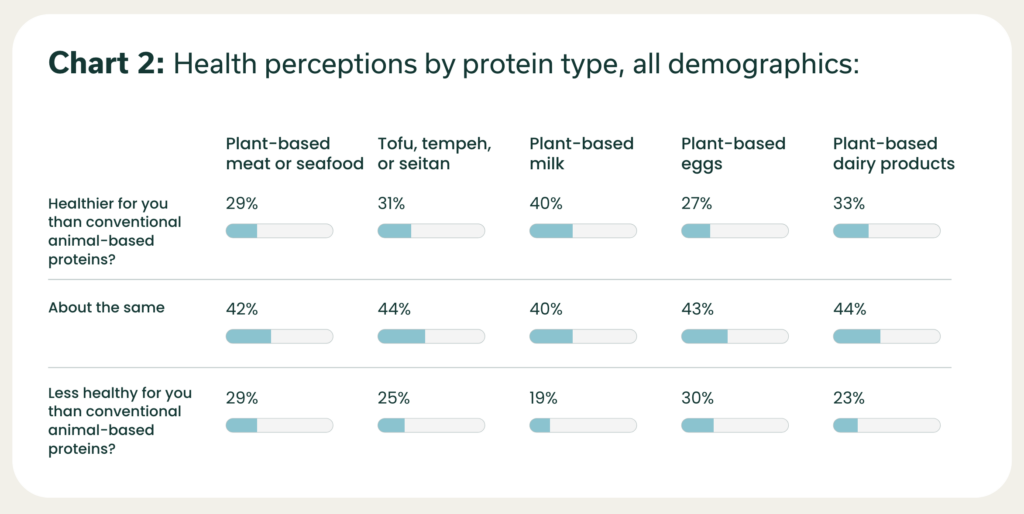
Andre Menezes, founder and former CEO of plant-based meat maker Tindle Foods, explores the vegan industry’s rollercoaster period post-pandemic, and where it’s headed next.
In the world of startups and innovation, few sectors have seen as much fervour and enthusiasm as the plant-based food industry did between 2018 and 2022. What started as a movement to utilise food technology to craft alternatives to animal-based products quickly became a beacon of hope for sustainability, health, and profitability. However, as we look back at the trajectory of this industry, it’s evident that the journey has been far from straightforward.
The initial challenge faced by pioneers in this space was developing the technology to replicate the attributes consumers seek in animal products. While early iterations of plant-based offerings fell short, the landscape rapidly evolved, with companies investing millions to refine products like ground beef, burger patties, and nuggets to near-indistinguishable levels from their animal counterparts. This technological leap paved the way for what seemed like an inevitable march toward dominance in a trillion-dollar market.
As companies geared up for scale, investors poured in capital, and the industry experienced exponential growth. However, amidst the excitement and optimism, a surprising stagnation emerged. Despite projections of continued exponential growth, the numbers began to plateau. Demand, which once seemed insatiable, showed signs of tapering off after a stellar 2020.

The sentiment shift in 2022 was seismic. Interest rates rose, sales figures stalled, and industry giants struggled to meet expectations. What was once hailed as the future of food suddenly faced headwinds from critics, misinformation campaigns, and attacks from established incumbents. The narrative around plant-based meat shifted, and what was once seen as revolutionary technology became labelled as a passing fad.
Yet, amidst the gloom, there are lessons to be learned and opportunities to be seized. One thing that’s become clear in hindsight is that consumer adoption is more nuanced than initially presumed. While sustainability and animal welfare resonate with a segment of the population, it’s not enough to sustain the exponential growth envisioned by investors.
What led to the plant-based downturn
The crux of the matter lies in the very foundation of the industry’s rise. It wasn’t driven by an inherent, sustained demand from consumers but rather by a surge in awareness and curiosity. While this initial spark led to a bump in trial purchases, it failed to establish a solid foundation of ongoing demand.
Crucially, the sector neglected to ask a fundamental question: are consumers genuinely motivated to reduce meat consumption when making purchasing decisions? The reality is that only a small segment of the population—comprising vegans, vegetarians, sustainability advocates, and health-conscious individuals—actively seeks meat alternatives. This segment, however passionate, is insufficient to sustain the massive growth anticipated by investors and industry stakeholders.

Health emerged as a significant driver behind the adoption of plant-based diets. Concerns over cholesterol levels and the perceived health risks associated with red meat prompted many to explore plant-based alternatives. But this very emphasis on health also made the industry vulnerable to attack.
Enterprises, threatened by the burgeoning plant-based movement, launched aggressive campaigns questioning the health benefits of plant-based products. From scrutinizing ingredients to casting doubt on manufacturing processes, these efforts sought to undermine the perceived health advantages of plant-based alternatives.
The convergence of these factors – lack of sustained demand, limited consumer motivation beyond a niche segment, and targeted attacks on health claims – contributed to the industry’s downturn. As interest rates rose, sales figures stagnated, and industry titans struggled to meet expectations, the narrative around plant-based meat shifted dramatically.
The opportunities for founders and investors

The downturn of 2023 served as a stark reality check, prompting companies to reassess their strategies and investors to reevaluate their portfolios. Yet, amidst the challenges lies an opportunity for introspection and adaptation. By focusing on addressing genuine consumer needs, fortifying health claims, and cultivating sustainable demand, the plant-based food industry can chart a course toward resilience and resurgence.
The path forward requires a sober reassessment of strategies and a focus on fundamentals. Consolidation is inevitable, and profitable players with at least $100M in annual revenue are the ones best positioned to survive (and even benefit) from the status quo. In this dire context, retaining talent will become increasingly difficult as talents will increasingly become anxious about the prospects of the industry and subsequently their potential gains.
Ultimately, the success of the plant-based food industry is not just a matter of profit but a necessity for the health of our planet. As we confront the challenges ahead, it’s imperative that founders, investors, and industry leaders collaborate to ensure the longevity and viability of this vital sector. Only then can we realize the full potential of plant-based foods as a sustainable and ethical alternative for the future.
The post Former Tindle CEO: What I’ve Learned About the Plant-Based Industry’s Rise, Fall & Future appeared first on Green Queen.
This post was originally published on Green Queen.